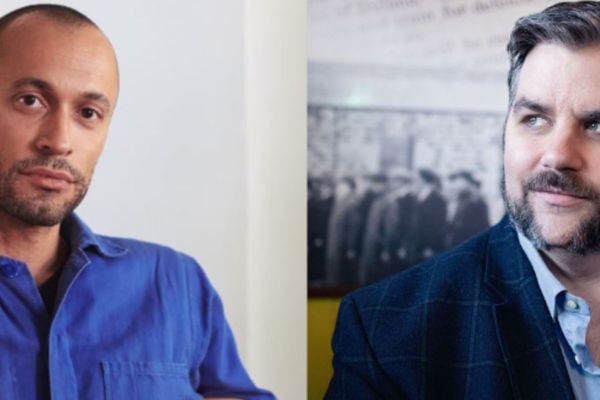In the summer of 2020, my friend, Austin Green, and I founded the Diversity Matters section of The Paladin — in which this article now appears. We founded the section in part as an alternative to the Black at Furman Instagram account that has helped tell the stories of so many Black students, alumni, and faculty at Furman. Although we both admired that account and appreciated the hard work that was already being done to improve diversity and inclusion (D&I) on campus, we also shared the sense that, despite many people’s best efforts, one of the biggest obstacles to D&I at Furman had not budged.
Simply put, there still exists the unavoidable reality that many students spend four years at Furman without ever confronting essential questions about identity and meaning, politics and race, or history and justice. Unfortunately, this has a tendency to make events about D&I at Furman seem more like echo-chambers than serious discussions about some of the most profound questions facing our society and, in turn, each of us.
This situation is unsatisfactory for all parties and it is ultimately an untenable status quo if our community hopes to continue to reckon with racism in all its forms. First and foremost, it leaves students who care about D&I frustrated. As evidenced by this fall’s “Student Leadership Diversity Initiative,” campus leaders want to reach more community members, but certain segments of the student body stubbornly refuse to show up. It is easy to write those uninterested students off as racists, but in my experience, the reality is that many of them are just as unhappy with our current predicament. Too often treated as the objects of our discussions about D&I rather than active subjects in that discussion, these students feel excluded from the conversation and outcast as the enemy.
D&I is the sort of thing that has the unique ability to divide communities or to become a unifying and guiding light for their common project. If Furman is aiming for the latter option (which it should) then our current predicament must change. We must learn to talk about D&I differently. Rather than a set of assumptions about race, power, and privilege that a small group of students are obligated to convince others to accept, we should frame D&I as a series of challenging but substantive discussions that grapple with uncomfortable truths that do not always have clear solutions.
This section was founded with that sort of sea change in mind. We wanted these pages to be a platform where students that span party lines could share experiences and express critical opinions in a longer, more detailed, more nuanced, and consequently more constructive format than they otherwise might have on social media. In that same spirit, I also want to invite the Furman community to attend the American Enterprise Institute Executive Council at Furman’s upcoming three-part series entitled “Who ‘We’ Are: Race and Politics in a Time of Polarization.”
Each event is designed as an antidote to our current arrangement and represents an opportunity for our community to come together and talk about D&I in a different way. The first event, set to occur next Wed., Feb. 17, will feature critically acclaimed authors Thomas Chatterton Williams and Michael Brendan Dougherty in a discussion about identity and belonging in America. The event is sure to challenge expectations, and it is our hope that both students who have been working to improve D&I for years as well as students who have never attended an event on D&I will show out in force for a fruitful discussion. You can learn more about the event and register here.
